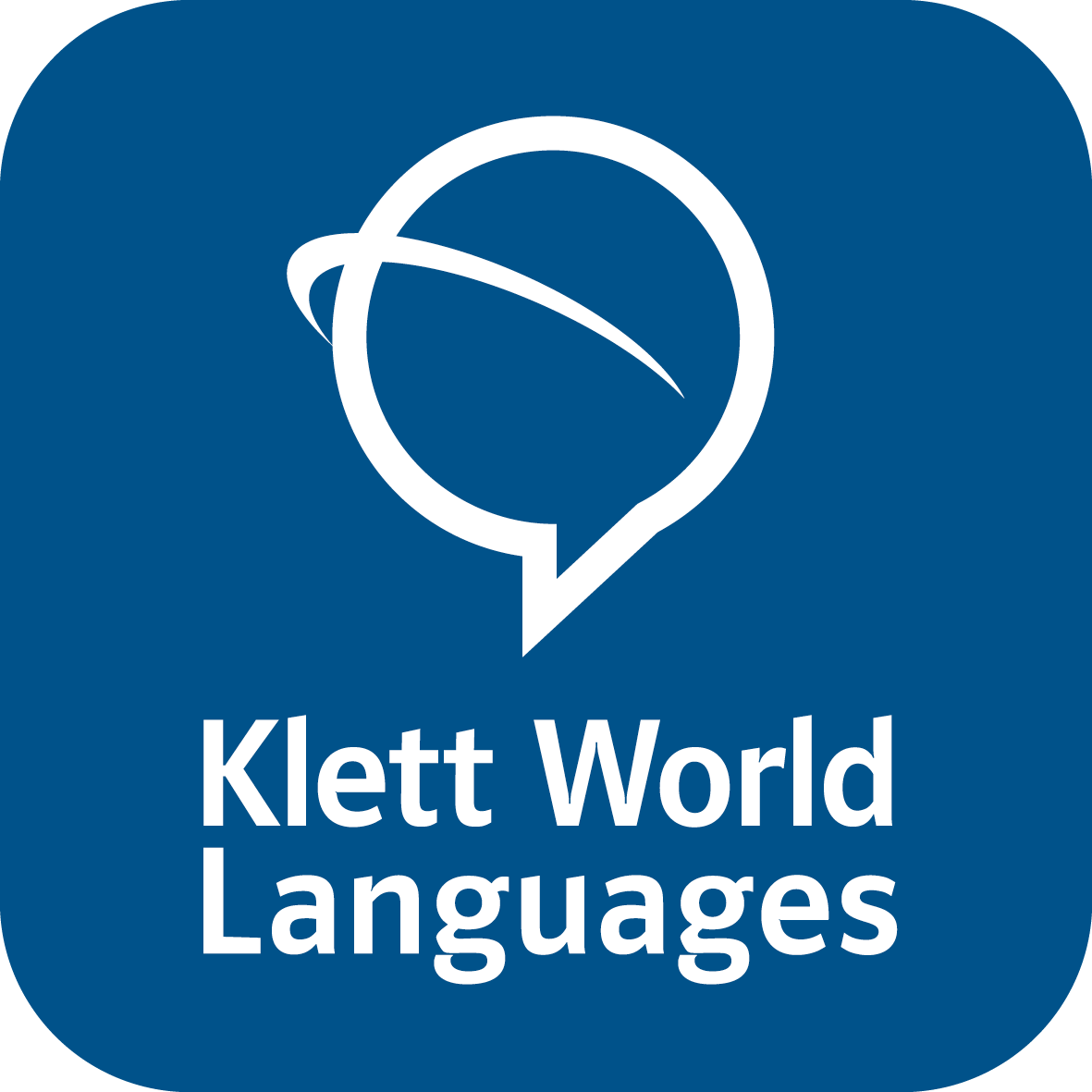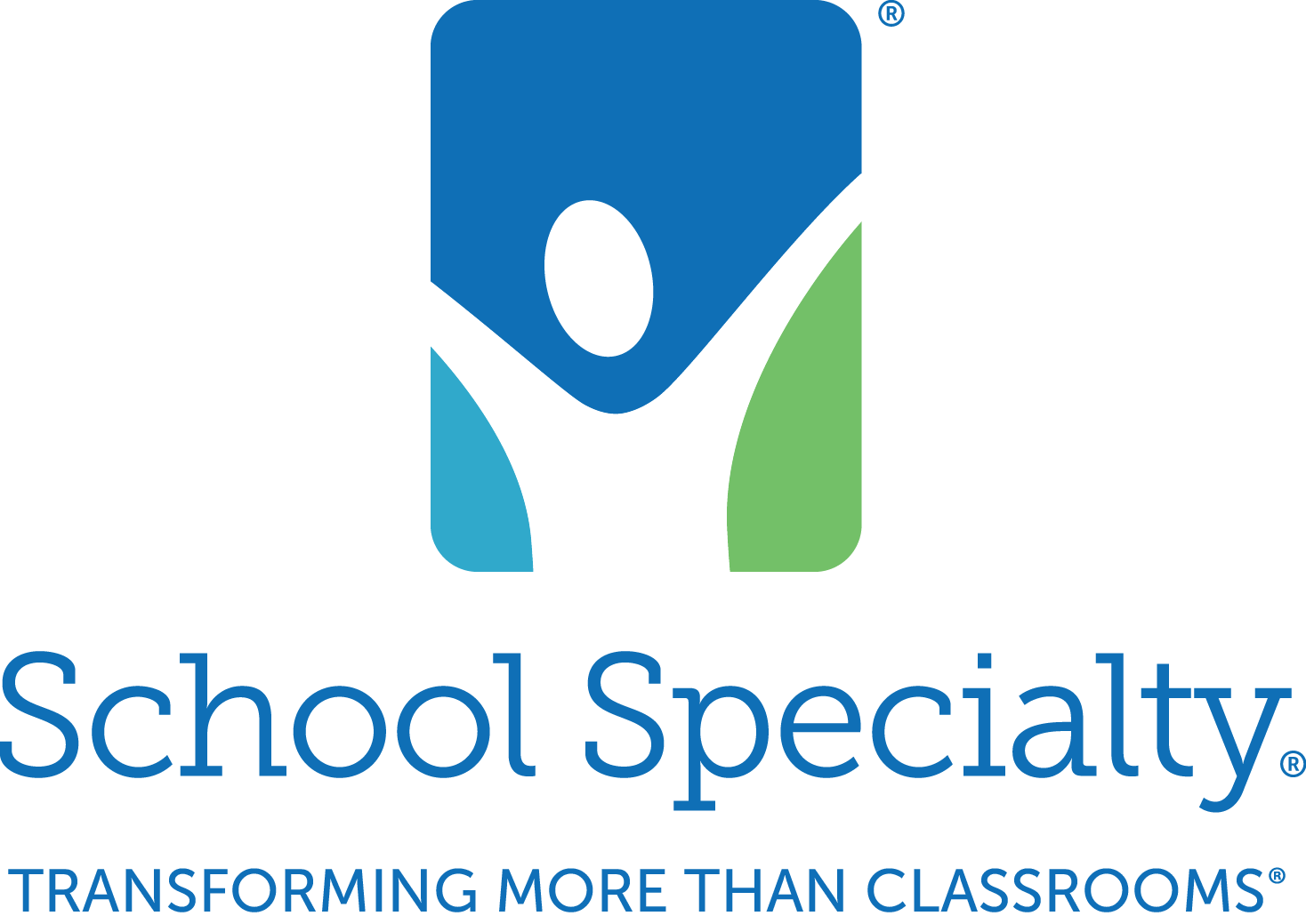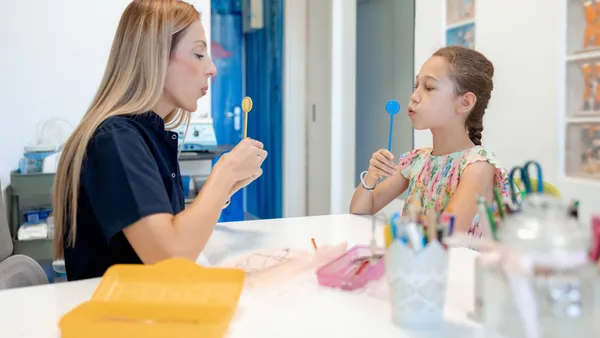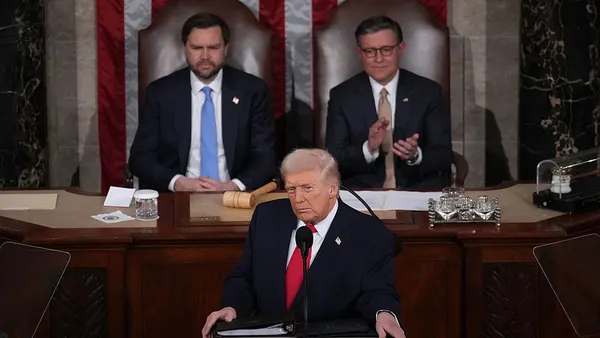Dive Brief:
- Based on the idea that it is harder to train people to be good teachers than to be science teachers, the New Jersey Center for Teaching and Learning has helped transform experienced classroom teachers for other subject areas into 50 chemistry teachers and 217 physics teachers since 2010, according to The Hechinger Report.
- The program provides a crash course in the new subject area and helps prepare the teacher to pass the state subject area exam. The initiative has also increased diversity among STEM teachers as about one-third of the teachers it retrains are black or Latino.
- The goal is not only to solve the teacher shortage in these subject areas, but to improve the level of diversity in the future scientific workforce by providing classroom role models.
Dive Insight:
The importance of STEM education is increasing as the skills gap in the workforce continues to grow as part of a rapidly-changing economy. However, this need for more STEM teachers comes at a time when such teachers are at a premium. Schools (and industries) are finding ways to address this issue by implementing new ways to retrain teachers for STEM courses and to retrain people in the STEM workforce for the classroom.
The idea of retraining or “reskilling” a workforce to suit the changing demand is not new. Industries use this technique often as technology changes the job descriptions. Industries are also pushing for innovative approaches to STEM education as the need for STEM workers grows. Companies also sees the need for increased diversity in the workforce and are looking to education to help provide the role models needed in the classroom to help students of color see themselves in those fields.
While the New Jersey Center for Teaching and Learning is working to retrain teachers of other subjects to become chemistry and physics teachers, the Woodrow Wilson Academy of Teaching and Learning is retraining STEM workers to enter the classroom. The new program, which works with the Massachusetts Institute of Technology, offers a master’s level program in education that will retrain scientists and other STEM workers to become certified teachers. While one of these approaches is likely to help, a combination of both approaches is likely to make a bigger impact on STEM education.












